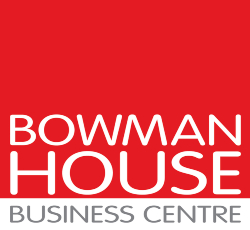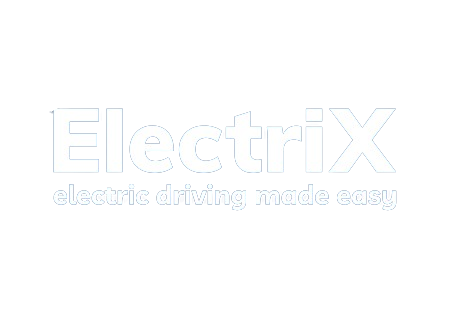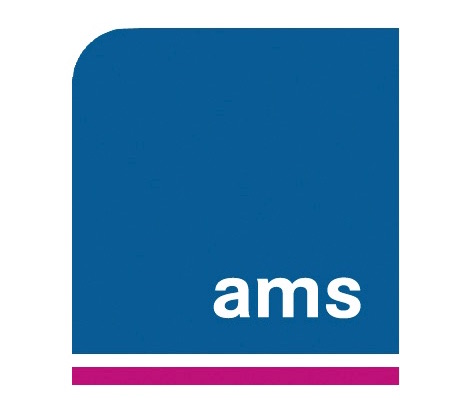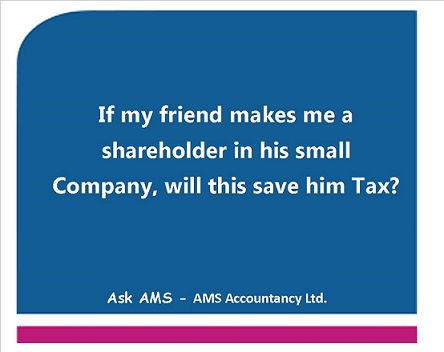The Dangers of Pension Lump Sums #AskAMS
If you withdraw a lump sum from your pension pot – it comes with a risk.
General rule
The general rule is that there is an Annual Allowance (of £40,000 for 2018/19) which is the maximum one can pay into one’s pension scheme in a year. If you (and/or your employer) don't make pension contributions up to the Annual Allowance, then you can carry forward unused Annual Allowance for up to three tax years – which means in those later years you could make pension contributions in excess of those years’ Annual Allowance.
Reduction when taxable income is high
If you have high levels of income - in excess of both taxable income of £110,000 and of Adjusted Income (taxable income plus Employer pension contributions) of £150,000 - then the Annual Allowance is reduced by £1 for every £2 that your Adjusted Income exceeds £150,000 - until it is reduced to £10,000. So, in a counterintuitive nutshell, the more you earn, then the less you can pay into your pension.
What happens if you accidentally overfund your pension in a tax year?
If you accidentally overfund your pension – and this is easily done if your Annual Allowance is being reduced (or because with Defined Benefit schemes (including Public Sector schemes), it is the increase in the value of the benefits which counts towards the Annual Allowance – not simply the contributions made), then there is a tax impact.
There are two ways one might overfund a pension in a year:
Exceed your Net Relevant Earnings
One might pay into a pension scheme an amount more than the higher of £3,600 and one’s Net Relevant Earnings (this is one’s annual salary plus benefits-in-kind, plus any self-employment income). In this case, no tax relief is given on the excessive pension contributions – and HMRC may allow a ‘refund of excess contributions lump sum’ to be paid back by the pension company.
Exceed the Annual Allowance
One might make more contributions than the Annual Allowance allows (as described above). When this happens, there is a tax charge on any contributions paid over and above the Annual Allowance plus any carried forward Annual Allowance. This is called an ‘annual allowance charge’ and is calculated at the taxpayer's marginal rate of tax (usually 20% or 40%). This tax charge is dealt with through the Self Assessment Income Tax Return - although the pension contributions still do get tax relief by grossing up the amounts paid into a pension scheme, or by reducing an employer’s taxable profits. If the annual allowance charge exceeds £2,000 then – in certain circumstances – you can ask the pension provider to pay the charge out of your pension fund.
For example: In 2017/18, if a taxpayer earns £90,000, has no unused Annual Allowance to bring forward, and makes gross pension contributions of £100,000 (equivalent to net pension contributions of £80,000), then:
i) £10,000 of the pension contributions above Net Relevant Earnings could, and should, be repaid by the pension company as a ‘refund of excess contributions lump sum’.
ii) Then, of the remaining £90,000 of contributions, £40,000 is covered by the Annual Allowance – which reduces the taxable income to £50,000.
iii) Of the remaining overfunded pension contributions of £50,000, an annual allowance charge is due: £5,000 is taxed at 20% (up until the Higher Rate Tax threshold of £45,000); and £45,000 is taxed at 40% - meaning extra tax payable to HMRC of £19,000.
What happens when one starts to take pension benefits
One further point to complicate matters a bit further is that if one starts to take lump sums, or an income, from a money purchase pension scheme (a normal defined contribution pension scheme), then the amount of future annual contributions that you can make is reduced to £4,000 (2017/18) – known as the ‘money purchase annual allowance’. This figure is not increased by any unused Annual Allowance from earlier years. In other words, once you start to take money from a pension using the flexible rules, there are restrictions on what you can pay in going forward.






















